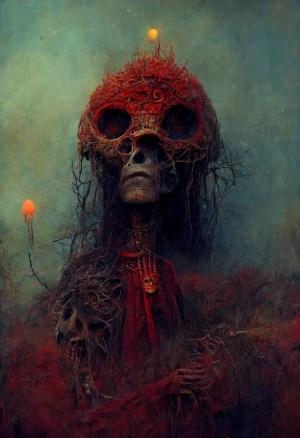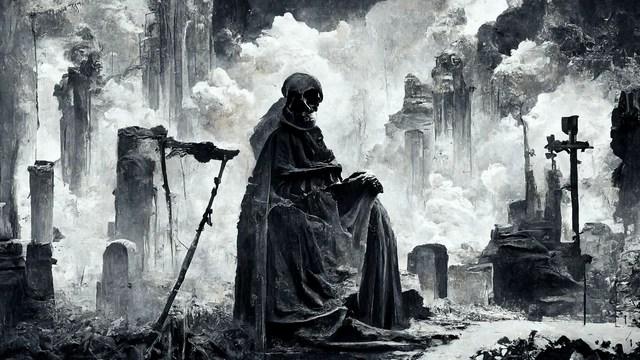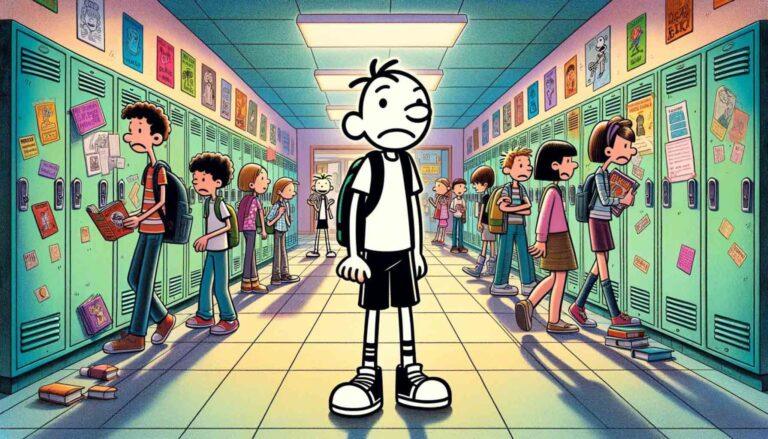The Plague is a novel by the French author Albert Camus, first published in 1947. The story is set in the city of Oran, Algeria during a time of bubonic plague outbreak. The novel follows a cast of characters as they navigate the crisis and grapple with questions of mortality, isolation, and the human condition.
The Setting: Oran During a Plague Outbreak
The setting of The Plague is a key aspect of the novel. The city of Oran during a time of bubonic plague outbreak serves as a metaphor for the larger crisis of the human condition and the ways in which we respond to it. The novel explores the consequences of the outbreak and raises important questions about the nature of mortality, isolation, and the human condition.
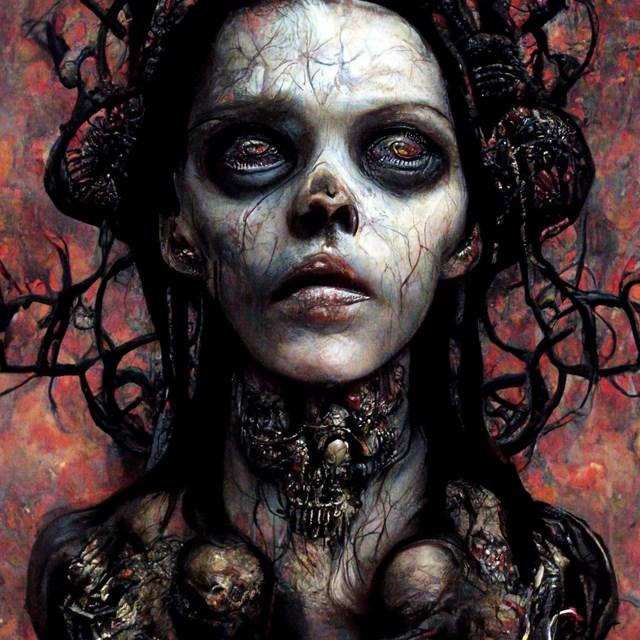
The Theme of Mortality
The theme of mortality is central to The Plague, and it is a powerful exploration of the human condition in times of crisis. The characters in the novel are grappling with their own mortality and the ways in which death impacts their lives and their understanding of the world around them. The novel also highlights the ways in which the outbreak of the plague serves as a reminder of the fragility of life and the importance of living each day to the fullest.
The Theme of Isolation
The theme of isolation is also central to The Plague. The characters in the novel are struggling with feelings of detachment and loneliness, and the outbreak of the plague serves to amplify these feelings. The novel explores the impact of isolation on the individual and the ways in which it can lead to feelings of desperation and hopelessness. It also raises important questions about the importance of human connection and the ways in which we can find meaning and fulfillment in our lives.
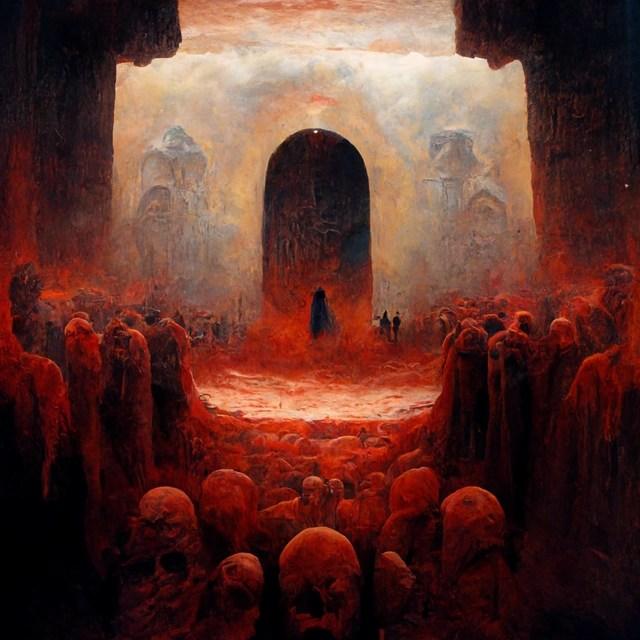
Writing Style and Techniques
Albert Camus’s writing style is characterized by its powerful and thought-provoking quality. He employs a range of techniques, including shifting perspectives and unconventional narrative structures, to explore the complex themes and questions at the heart of the novel. The use of vivid and atmospheric imagery also adds to the impact of the novel and helps to bring the themes to life.
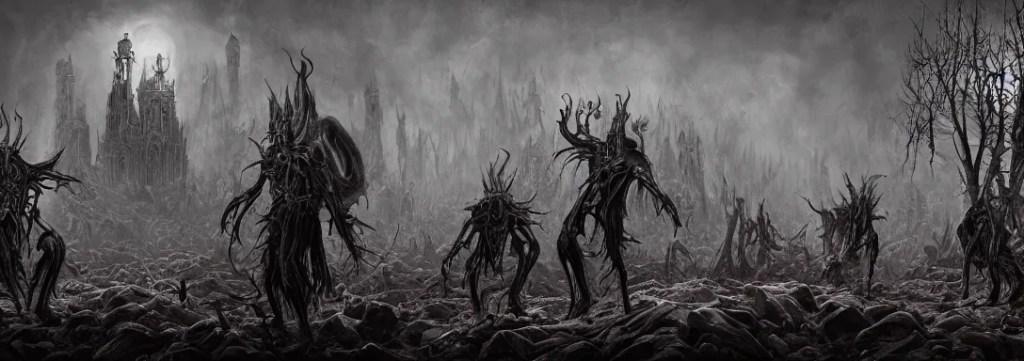
The Human Condition in Times of Crisis
The Plague is a novel that highlights the human condition in times of crisis and the ways in which we respond to it. The characters in the novel are struggling to make sense of the outbreak and to find meaning in the face of mortality and isolation. The novel raises important questions about the nature of the human experience and the ways in which we can find meaning and fulfillment in our lives even in the most trying of circumstances.
The Absurdity of Existence
The Plague is also an exploration of the absurdity of existence and the ways in which our lives can be shaped by forces beyond our control. The outbreak of the plague serves as a metaphor for the ways in which our lives can be shaped by arbitrary and unpredictable events, and it raises important questions about the nature of reality and the meaning of our existence.
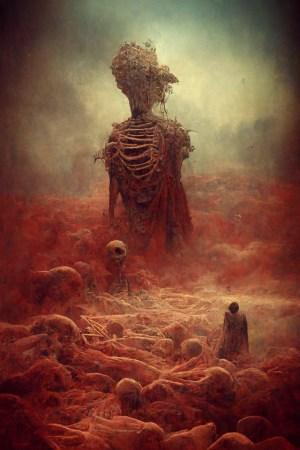
Quotes that Resonate
“I have no idea what’s awaiting me, or what will happen when this all ends. For the moment I know this: there are sick people and they need curing.” “At any street corner the feeling of absurdity can strike any man in the face.” “I want to speak of the truth of this world and of men.” These quotes from The Plague perfectly capture the themes of mortality, isolation, and the human condition in times of crisis that Albert Camus explores in the novel. They are a testament to his skill as a writer and his ability to convey complex emotions and experiences with powerful and thought-provoking imagery.
Conclusion
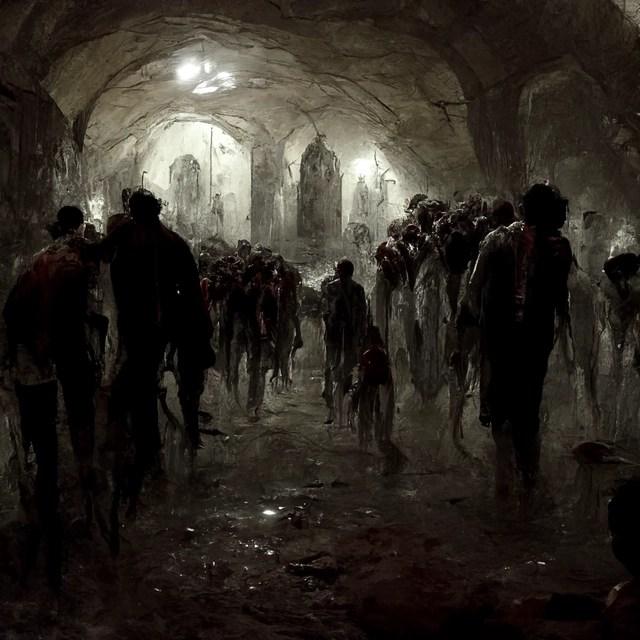
In conclusion, The Plague is a powerful and thought-provoking novel that continues to captivate readers today. Through its exploration of mortality, isolation, and the human condition in times of crisis, the novel raises important questions about the nature of the human experience and the ways in which we can find meaning and fulfillment in our lives. If you have not read The Plague, it is a must-read for anyone interested in exploring the thought-provoking themes of Albert Camus’s work.
